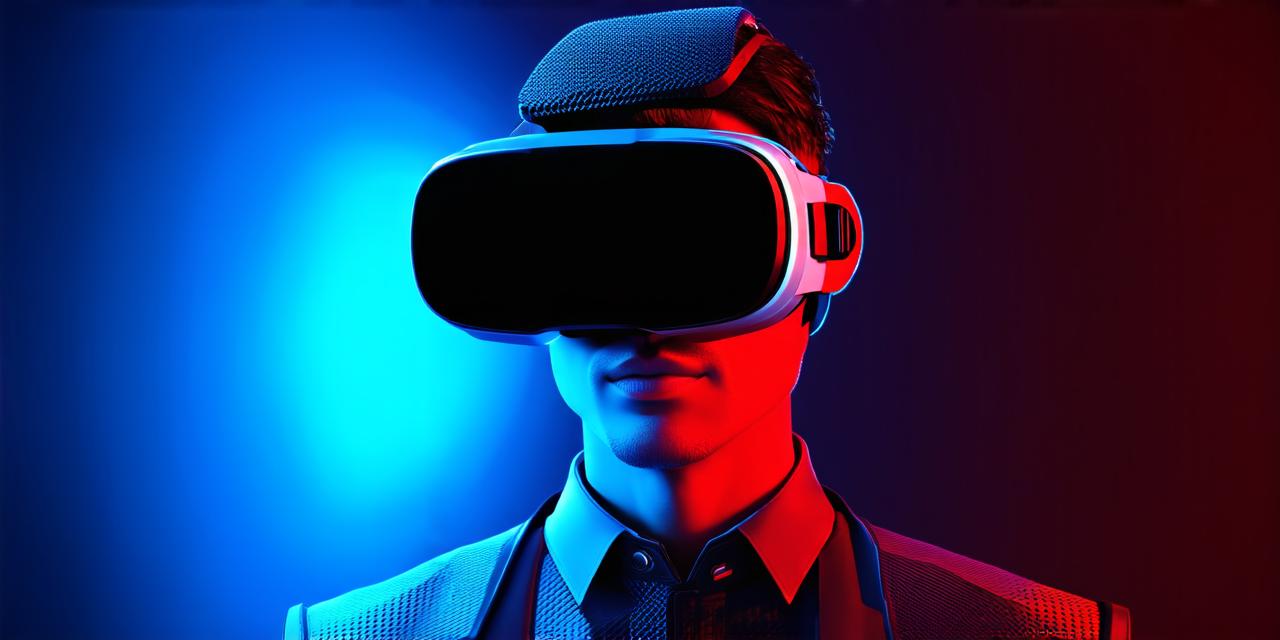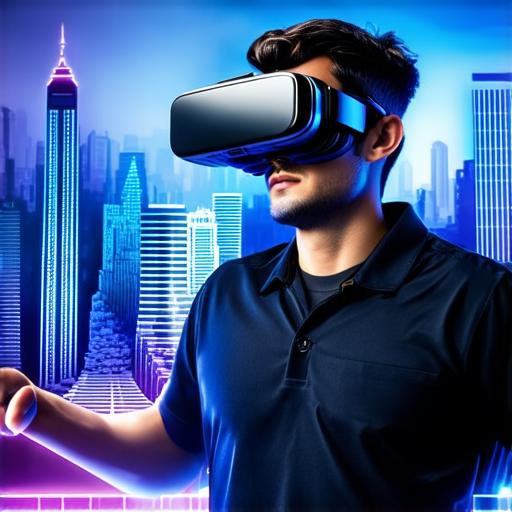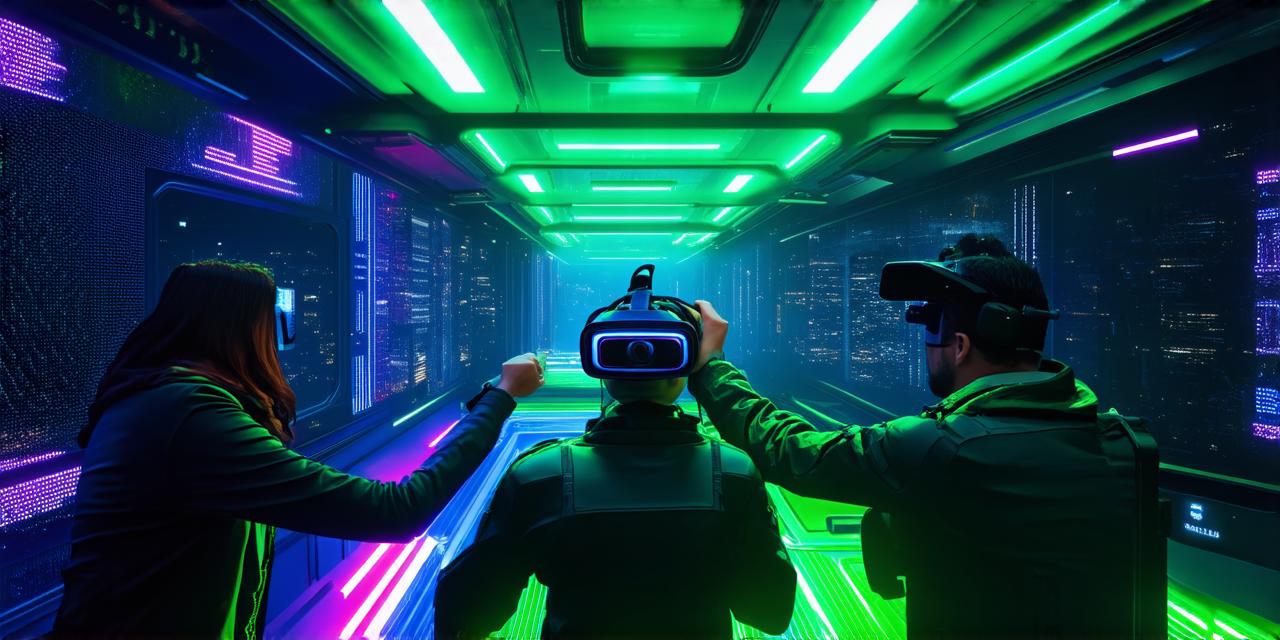
How do you spell VR?
Virtual reality (VR) is a technology that allows users to experience immersive computer-generated environments in a simulated manner. The term “virtual reality” was first coined in 1983 by Jaron Lanier, and it has since become a popular technology for gaming, entertainment, and educational purposes.
Table of Contents
ToggleSpelling VR
The correct spelling of VR is “V-R”, with a capital letter followed by the letters “V” and “R”. This spelling is consistent with other abbreviations and acronyms that are capitalized at the beginning of a word, such as “TV” for television or “IR” for infrared.
However, there may be some confusion when it comes to pronouncing VR. Some people may say “Vee-R”, while others may say “V-R”. It is important to note that the correct spelling does not affect the way a word is pronounced, and both spellings are commonly used.
History of VR
The concept of virtual reality dates back to the early days of computer graphics. In the 1960s, researchers at MIT developed a head-mounted display (HMD) that allowed users to experience a simulated environment. This technology laid the foundation for modern VR systems.
Over the years, VR has evolved to include more sophisticated hardware and software, such as motion tracking sensors and 3D graphics. Today, VR is used in a variety of applications, including gaming, education, and training simulations.

Benefits of VR
Virtual reality technology has many potential benefits for individuals and organizations alike. Some of the benefits of VR include:
- Enhanced learning and training: VR can be used to simulate real-world scenarios, allowing users to practice skills in a safe and controlled environment.
- Improved mental health: VR can be used to treat conditions such as anxiety, depression, and PTSD by exposing users to controlled simulations of stressful situations.
- Increased creativity: VR allows users to explore new environments and experiences that they may not have the opportunity to in real life, which can stimulate creativity and imagination.
Conclusion
In conclusion, VR is a technology that has many potential applications across various industries. While the correct spelling of VR may be subject to some debate, it is clear that this technology will continue to play an important role in the future of computing and entertainment.

